|
This blog post is my response to the question asked over and over at every national Extension meeting/conference I have attended since 2011. What is the impact of social media? This is the wrong question. Anyone who asks this question does not understand social media--which is the current state of the Internet right now. I work in Extension. We are a system of educators whose mission it is to provide non-formal education and learning activities to people throughout the country using research-based information from land grant universities. A system largely behind the curve of advances in 21st century communication. Change agents who resist the opportunity to tell the story of the incredible impacts they make on a daily basis. Otherwise known as, "the best kept secret" in your community. Face-to-face contacts, the telephone, fax machine, email, newspaper articles and radio ads--what is the impact of these communication tools and traditional media on your Extension programs? Can you give me these metrics? Let me ask another way, what impact has your mom and dad had on your life? Can you give me these metrics? You don't have the data but it exists, likely in your memories and photo albums. Right now, social media already provides precise metrics over anything than traditional media can gather... and it is only getting better. Did you know you can track engagement through Facebook Insights? Not only that, but you can target your social media content right down to the exact demographic you want to reach in your state/county. This question holds social media to some higher standard, why? I think I know why. I believe it all comes down to: change and fear. Social media is new and some people fear the change of adopting new technology. After all, from 1980-2003 not a whole lot happened in the realm of social media besides email. So if you can ask a question like, "What is the impact of social media?" A question without a clear, direct impact statement, then you can dismiss it as a fad and keep doing what you're doing. No fear, no change. Often, when I get on my soapbox about using social media someone always says, "You can't replace face-to-face!" Did I say that? No. Should you stop talking on the phone or meeting with people face-to-face? Of course not. Social media does not replace these human interactions. I believe it can enhance them. This is the right question: How can I use social media to create more meaningful relationships with the public and my stakeholders? The whole point of social media is to create or strengthen relationships with human beings. For those people we have not served, our job is to create context with them so that we can get to know them more personally. We want them to give Extension a chance to make an impact in there lives. For the people we already know, the strategy is to use social media is to strengthen our relationship in-between the educational activities they attend. Relationships are strengthened when we stay in touch and communicate. Plus, it really helps to know what people are up to so you have a reference point the next time you see them in person. When you engage on social media with clients, you're making contact with them. You can do this through your personal account or through your organizational account. I wrote the Journal of Extension article, “Connecting” with Your Clients [on Facebook], to help Extension professionals navigate social media when using their personal and/or work-related accounts to engage with clients. Tell Your Story This is the response to the question, "What do I do on social media?" Every so-called "social media guru" will mindlessly parrot this answer, but what does it mean to tell your story on social media? In the book All Marketers Are Liars (Tell Stories) by Seth Godin, he outlines that a great story should:
The Extension story I tell is one of a fun, loving, family guy (me) and his team of caring 4-H educators and volunteers who love providing youth with STEM (science, technology, engineering and math) and leadership experiences. We promise to be the best destination for hands-on STEM and leadership education in Washington County, Utah. We share our experiences through photo and video on Instagram via my personal account (@4Hpro) and 4-H program account (@Dixie4H). We also have a Facebook page where we engage with clients. Our message is true and consistent. We appeal to parents and youth who have an interest in STEM and leadership and believe mastery in these areas is important in life. If you share what you do on social media, your clients will engage with you. But you have to go first. Case Study We have 53 robotics clubs in my 4-H program (started with only 6 in 2012--that's a 783% increase that I largely attribute to marketing on social media). This is a Facebook post from one of my 4-H robotics club leaders after a FIRST LEGO League scrimmage we organized. Notice how she tagged me and several other volunteers in this post to express her appreciation. This action shares her post with these people and their networks. When you consistently tell the story of your work in Extension, your clients will join in with the storytelling. This helps spread your story even further because they can reach people that you do not know...yet. That's what happened here in this exchange. I am always looking to recruit volunteers and get more youth involved in robotics. Here in this engagement I recruited a new volunteer and a parent learned about what we do and has now involved her child. Notice I responded to every question in the comment thread. This is what engagement looks like. This is one example of how I engage my clients on social media. This is just one exchange of many that I have on a daily and weekly basis. The people I have since met would have never heard about our 4-H program had I not told my Extension story on social media.
What is the impact of social media in this case?
I would love to know what you think about using social media in Extension (especially if you disagree with me). Please leave a comment below.
4 Comments
Jamie Davis
12/30/2015 01:42:30 pm
Hello Paul,
Reply
5/23/2022 02:34:19 am
I haven't any word to appreciate this post.....Really i am impressed from this post....the person who create this post it was a great human.
Reply
Relationships are strengthened when we stay in touch and communicate. Thank you for sharing your great post!
Reply
Leave a Reply. |
Paul Hill, Ph.D.I design, plan, and evaluate economic development programs for Utah State University. Archives
September 2022
Search this site:
|
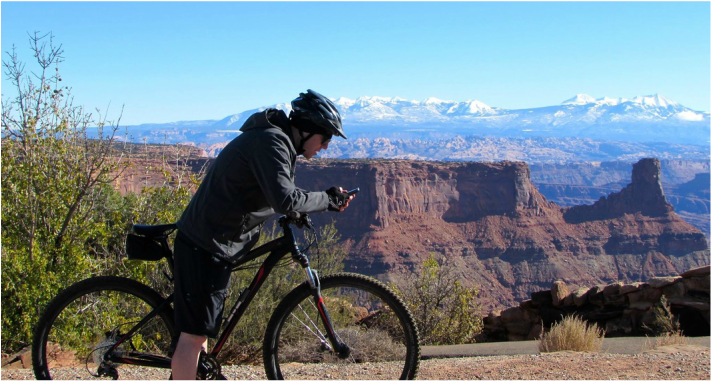
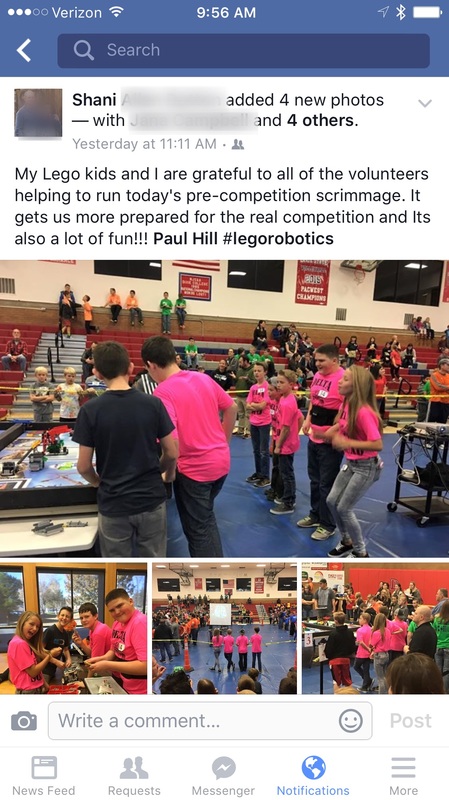
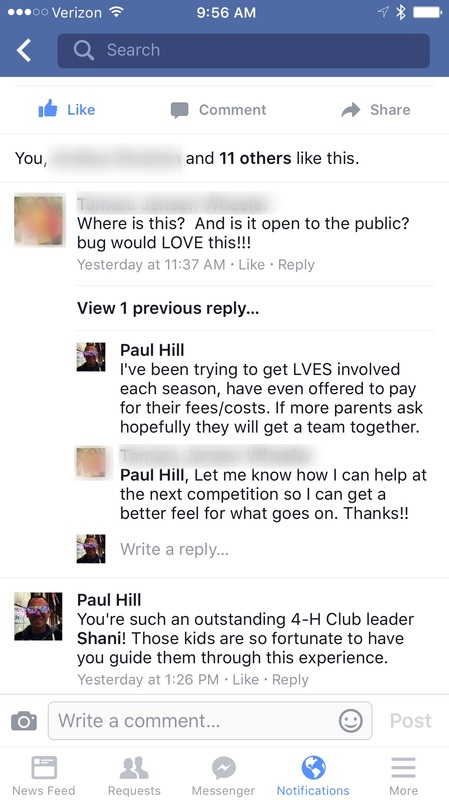
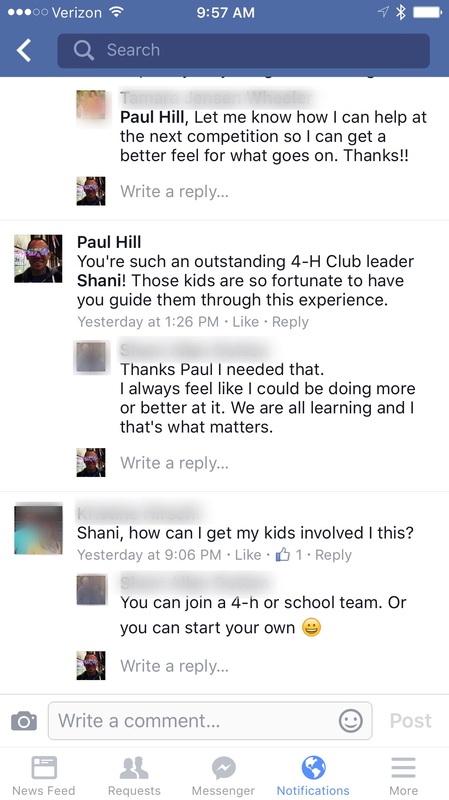
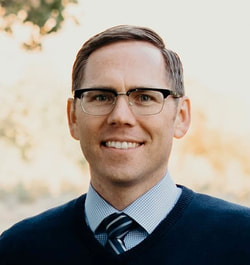
 RSS Feed
RSS Feed
